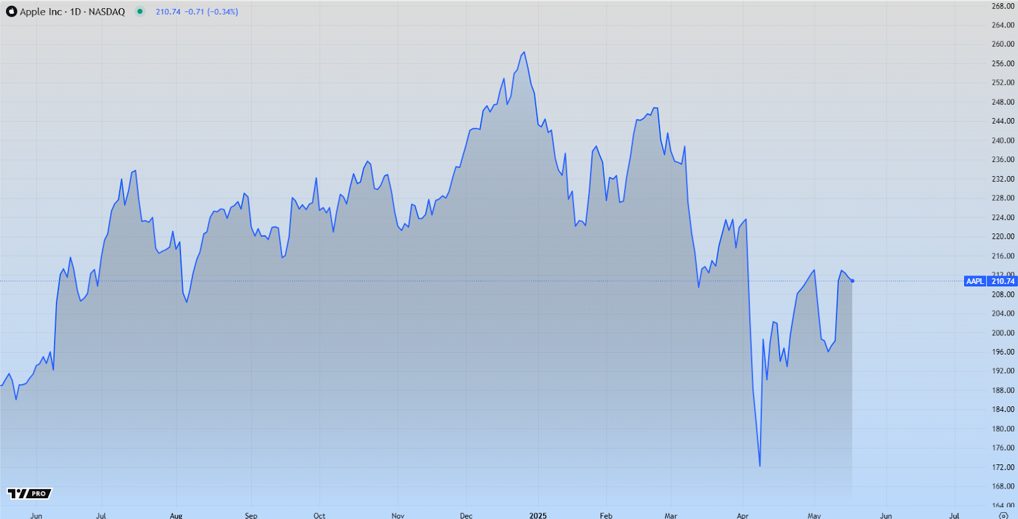Bitcoin, a digital currency, has gained significant popularity in recent years. Although it was initially associated with illegal online transactions, it has now become mainstream, leading to its adoption in several industries. One such industry that has taken an interest in Bitcoin is the food and beverage industry. This article will explore the impact of Bitcoin on the food and beverage industry, examine its benefits and challenges, and discuss how it is being adopted in this sector.
Understanding Bitcoin and Cryptocurrency
Bitcoin and cryptocurrency have become buzzwords in recent years, but what do they really mean? Let’s dive deeper into the world of digital currencies and explore how they work.

What is Bitcoin?
Bitcoin is a decentralized digital currency that was created in 2009 by an anonymous person or group known as Satoshi Nakamoto. Unlike traditional currencies, it is not controlled by a central authority such as a bank, government, or financial institution.
Bitcoin operates on a peer-to-peer network, which means that transactions can take place directly between users without the need for intermediaries. This makes transactions faster and cheaper, as there are no middlemen to charge fees or delay the process.
One of the key features of Bitcoin is its limited supply. There will only ever be 21 million Bitcoins in existence, which helps to prevent inflation and maintain the value of the currency.
How does cryptocurrency work?
Cryptocurrency works through a process called blockchain technology. The blockchain is a decentralized ledger that records all transactions made with the digital currency, making it transparent and secure.
When a user makes a transaction with Bitcoin, it is verified by a network of computers around the world. Once the transaction is verified, it is added to the blockchain, where it becomes a permanent part of the ledger.
Cryptocurrency users must have a digital wallet that allows them to store and transact Bitcoins. These wallets can be accessed from anywhere in the world, making international payments easier and faster.
The rise of digital currencies
With the growing popularity of Bitcoin, several other cryptocurrencies have also emerged, such as Ethereum, Litecoin, and Ripple. These digital currencies are becoming more widely accepted in various industries, including the food and beverage industry.
For example, some coffee shops and restaurants now accept Bitcoin as a form of payment. This is because using Bitcoin can be more convenient and secure than traditional payment methods, such as credit cards.
Overall, the rise of digital currencies has the potential to revolutionize the way we think about money and finance. As more businesses and individuals adopt these technologies, we may see a shift towards a more decentralized and transparent financial system.
Adoption of Bitcoin in the Food and Beverage Industry
The adoption of Bitcoin in the food and beverage industry has been gaining momentum in recent years. As a decentralized digital currency, Bitcoin offers a secure and convenient payment option for customers and businesses alike. In this article, we will explore some of the ways in which Bitcoin is being used in the food and beverage industry.
As Bitcoin continues to disrupt industries worldwide, the food and beverage sector is not exempt from its influence. Amidst this transformative wave, Immediate Connect emerges as a powerful tool with significant potential for the industry. By leveraging the remarkable capabilities of quantum computing, Immediate Connect can revolutionize supply chain management, optimize logistics, and enhance quality control in food production. To fully grasp the transformative impact of Immediate Connect in the food and beverage industry, visit our official website and explore the possibilities it offers for businesses and consumers alike.
Restaurants and cafes accepting Bitcoin
Several restaurants and cafes around the world now accept Bitcoin as a payment option, attracting enthusiasts who want to pay for their meals with the digital currency. By accepting Bitcoin, these establishments are opening up to a new demographic of customers who prefer to use digital currencies for their transactions. Some restaurants have even gone a step further by offering discounts to customers who pay with Bitcoin.
One of the advantages of using Bitcoin for payments is that it eliminates the need for intermediaries such as banks or payment processors. This means that businesses can avoid the high fees associated with traditional payment methods and pass on the savings to their customers.

Food delivery services and Bitcoin
Food delivery services have also started accepting Bitcoin payments, allowing customers to order and pay for their food online using their digital wallet. This form of payment can be faster and more convenient than traditional methods, as customers do not need to enter their credit card details or other personal information.
Some food delivery services have even started offering discounts to customers who pay with Bitcoin, as they can save on transaction fees and other costs associated with traditional payment methods.
Bitcoin-based food and beverage startups
Bitcoin has also led to the emergence of new food and beverage startups that revolve around the digital currency. These startups use blockchain technology to create a more transparent and secure supply chain, tracking the origin of the food and ensuring that it is not contaminated or counterfeit.
One such startup is Provenance, which uses blockchain to track the journey of food from farm to table. By scanning a QR code on the product, customers can access information about the origin of the food, including the farm it came from and the conditions in which it was grown or raised.
Another startup, Sweetgreen, has started accepting Bitcoin payments in some of its locations. Sweetgreen is a salad chain that emphasizes sustainability and transparency in its supply chain. By accepting Bitcoin, Sweetgreen is appealing to a younger demographic that is interested in digital currencies and sustainable food practices.
Conclusion
The adoption of Bitcoin in the food and beverage industry is still in its early stages, but it has the potential to revolutionize the way we pay for and consume food. By eliminating intermediaries and creating a more transparent supply chain, Bitcoin can help to create a more sustainable and equitable food system.
Benefits of Using Bitcoin in the Food and Beverage Industry
Lower transaction fees
One of the key benefits of using Bitcoin is that it has lower transaction fees compared to traditional payment methods. With Bitcoin, there are no intermediaries involved, which means that the fees are lower.
Faster transactions
Bitcoin transactions are faster and more efficient than traditional methods. Transactions are completed within minutes or even seconds, making it ideal for the fast-paced food and beverage industry, especially for online payments.
Attracting a tech-savvy customer base
By accepting Bitcoin, food and beverage establishments can attract tech-savvy customers who are keen to explore new payment methods and technology. This can be a great way to increase brand awareness and attract a younger demographic.
International payments made easier
Bitcoin is a decentralized currency, making it easier to make international payments. It eliminates the need for conversions and can be used in any country without restrictions, making it an ideal payment option for businesses with global supply chains.
Challenges and Concerns for Bitcoin Adoption
Price volatility
One of the challenges of using Bitcoin is its price volatility. The value of Bitcoin can fluctuate significantly, which can be a concern for businesses that rely on stable currencies for financial planning and forecasting.
Regulatory and legal issues
The use of Bitcoin is still not regulated in several countries, which can make it challenging for businesses to adopt it as a payment method. There are also concerns around money laundering, fraud, and taxation, leading to regulatory and legal challenges.
Limited public understanding and acceptance
Although Bitcoin has gained mainstream acceptance, there is still a limited understanding of how it works and its benefits. Some customers may not feel comfortable using it as a payment method, leading to a slow adoption curve.
Security and fraud concerns
Bitcoin transactions are secure and encrypted, but there have been instances of cyberattacks and hacking, leading to concerns around security and fraud. Businesses must take adequate measures to protect their digital wallets and ensure that their customers’ transactions are secure.
Conclusion
The food and beverage industry is embracing new technologies, and Bitcoin is one of them. While there are challenges to its adoption, its benefits, including faster transactions, lower fees, and a more international reach, make it an attractive payment method for the industry. As more food and beverage establishments start accepting Bitcoin, it is likely that it will become more widely accepted, leading to further innovation and technological advancements in the industry.




